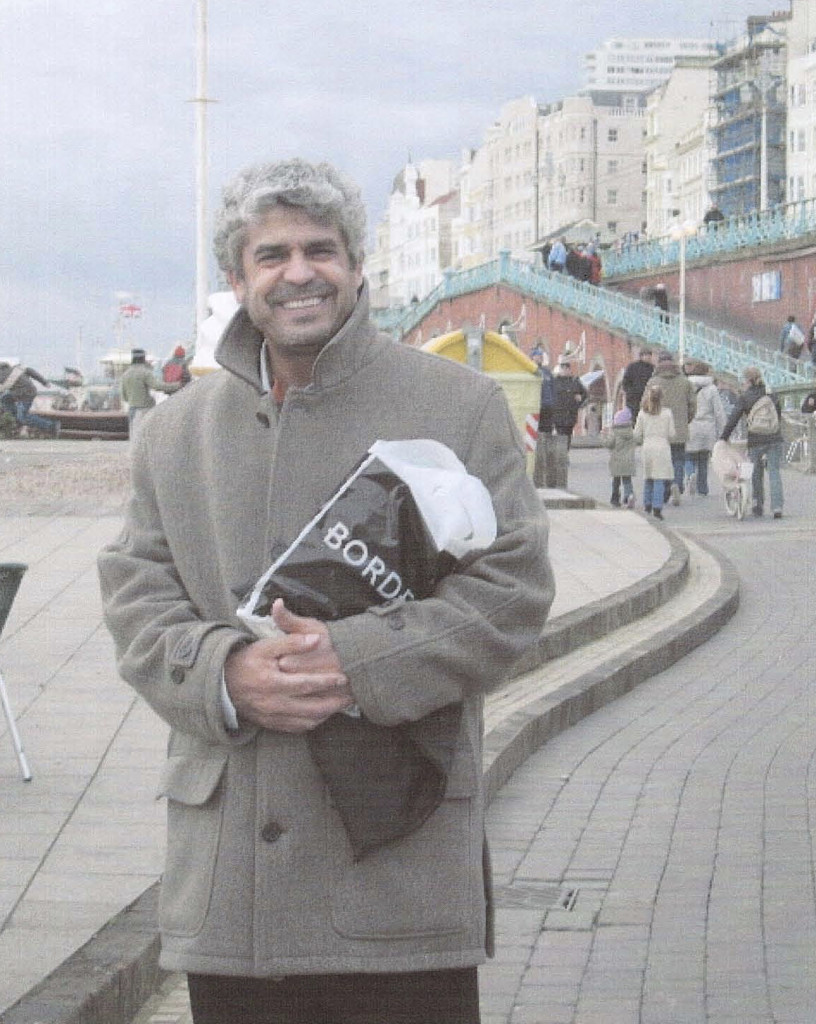In Praise of Three Spotted Hyenas
A Novel
(Part One)
This is the story of three spotted hyenas: Allāt, al-Uzzā, and Manāt. None of them is agreeable to look at. In fact, their ugliness is pretty offensive. Granted that some repulsive women may evoke pleasure in certain men but in their case they spoil it by being who they are—slaves to their degenerate nature. In public they play the innocent while in private they behave like incompetent parrots, senile-faced and simple-minded. All three descended from the sweepings of the old world. Intellectual gymnastics is their insignia. They lead a mediocre life in the land of Sagev. None of them is an Alfa female but together they form a formidable pack reputed to be men-eaters—cannibals avant la lettre. They particularly enjoy the raw flesh of those who are out of place, ‘cultural amphibians’ you might say. They behave as if they owned the place where they all work for scanty pittances of food and clothing. Worse, they always operate the same way Shutzstaffels did in Nazi Germany and we all know what that unfortunate movement led to.
